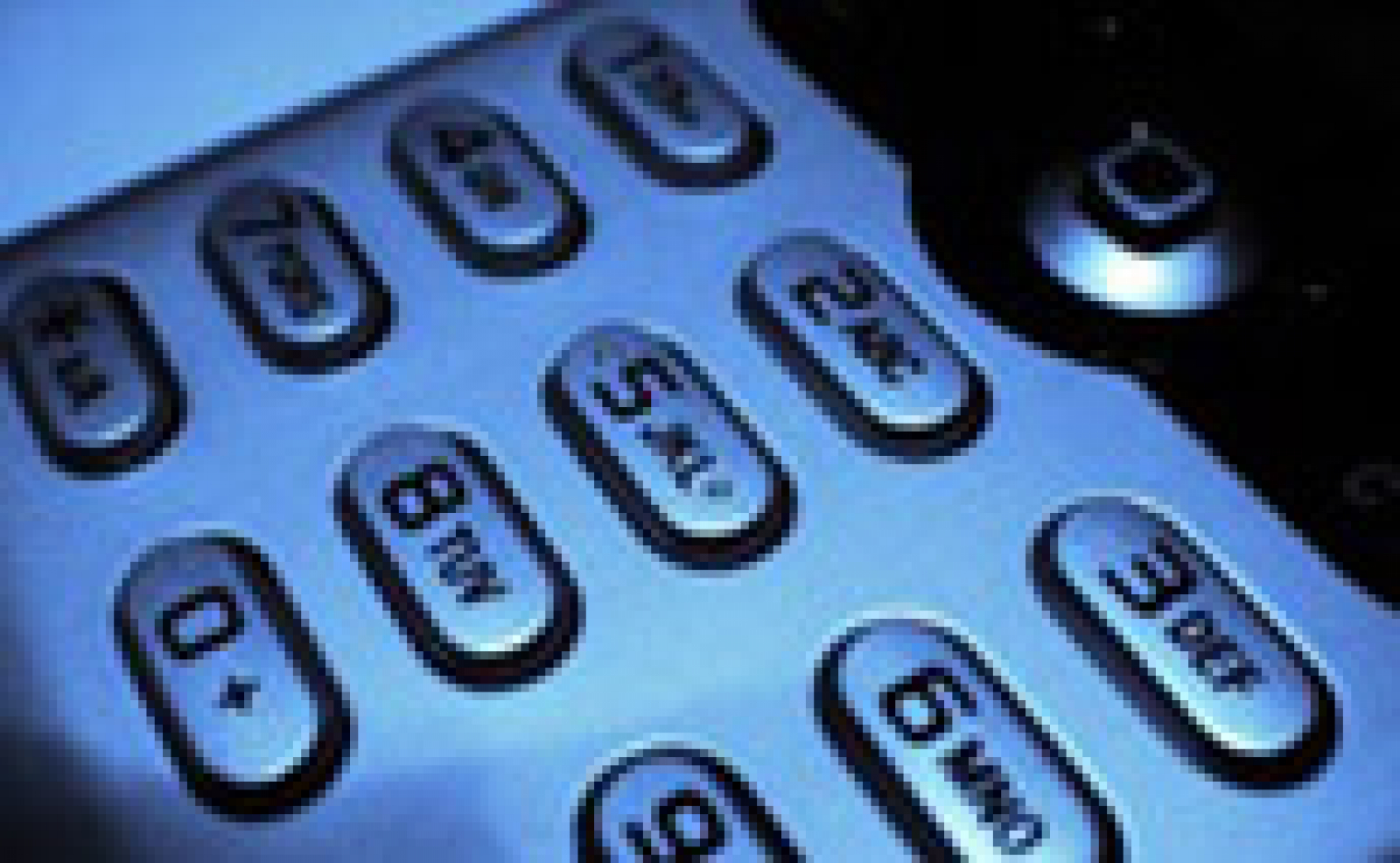
SHARE
In May, Montenegrins voted in a nationwide referendum to end their union with Serbia. For the first time, SMS text messaging technology was used to help safeguard the vote by enabling observers to report results almost instantly from polling stations throughout the country.
When Montenegrins voted to end their union with Serbia, the dissolution of what had been Yugoslavia was complete. Before the referendum, polls showed Montenegro bitterly divided on independence; proponents felt that sovereignty would bolster Montenegro’s economic interests by facilitating entry into important regional and international institutions such as the European Union, while opponents were anxious to preserve the region’s historic ties to Serbia. Public confidence in the fairness of the election was paramount to ensure stability in what promised to be a close election.
The public turned to the Montenegro Center for Democratic Transition (CDT) a local election monitoring group, for early signals of the outcome and a confirmation that the electoral process and official results were legitimate.
Two key thresholds would determine the outcome of the independence vote: whether over 50 percent of Montenegrins participated by turning out to vote, and whether 55 percent or more citizens voted for independence. With assistance from NDI, CDT deployed 200 observers around the country to monitor turnout and vote counting. The statistical sample of 200 polling stations generated very accurate projections of voter turnout throughout election day as well as the official result shortly after the polls closed.
CDT monitors reported hourly and the group was able to announce definitively that the turnout threshold was met by 1pm and therefore the referendum result would be binding. Later that evening, they announced to the nation that the final result was so close as to be a statistical “dead heat,” and official word of the nations’ future would have to wait. This meant that Montenegro’s independence status could not be projected until the official counting from every polling station in the nation was complete.
Although unable to project the final outcome, CDT’s monitoring effort and media statements gave the public fair warning not to speculate on the result until all the ballots were counted. This played a critical oversight role that contributed to public confidence in the outcome and stabilization of the political environment. The referendum passed with only 55.5 percent of the vote – a mere 2,046 ballots above the threshold out of 460,000 votes cast. In this situation, early speculation on the outcome could have been inaccurate and thus undermined voter confidence in the integrity of the election. It could also have increased the possibility of the election results being contested and possibly led to violence or unrest. CDT’s prudent approach was subsequently praised by local and international observers of the referendum recognizing the stabilizing effect of their work.
The accuracy and timeliness of CDT’s results were attributable to excellent work by the monitors and their use of a rapid reporting system that used SMS text-messaging technology to provide up-to-the-minute turnout and final results information without pulling them from their observation duties. Bulk-SMS also allowed CDT to communicate political and program updates to observers in polling stations. Thousands of text message reports were automatically delivered from observers into a central database for instant analysis by CDT and NDI officials. The rapid reporting system was instrumental in allowing the group to make key assessments, leading to the astute political decisions made by CDT as their election projections were announced to the public.
NDI is proud to have provided technical assistance to CDT as they became the first election monitoring group to use SMS technology as the primary means for communicating with observers in an election observation program. Employing widely accessible technologies such as mobile phones for political and civic activism is on the rise and holds tremendous potential for increased participation by citizens in politics and oversight of their governments. In this case, CDT used text messaging to empower their election observers to oversee the conduct of their nation’s referendum on independence and further their nation’s democratic development.
This is just one example of how SMS and related technologies are beginning to have an impact on politics and democratic development as civic groups, political parties and activists innovate as they strive to achieve their political ambitions.
–
Published on Mar. 23, 2006


